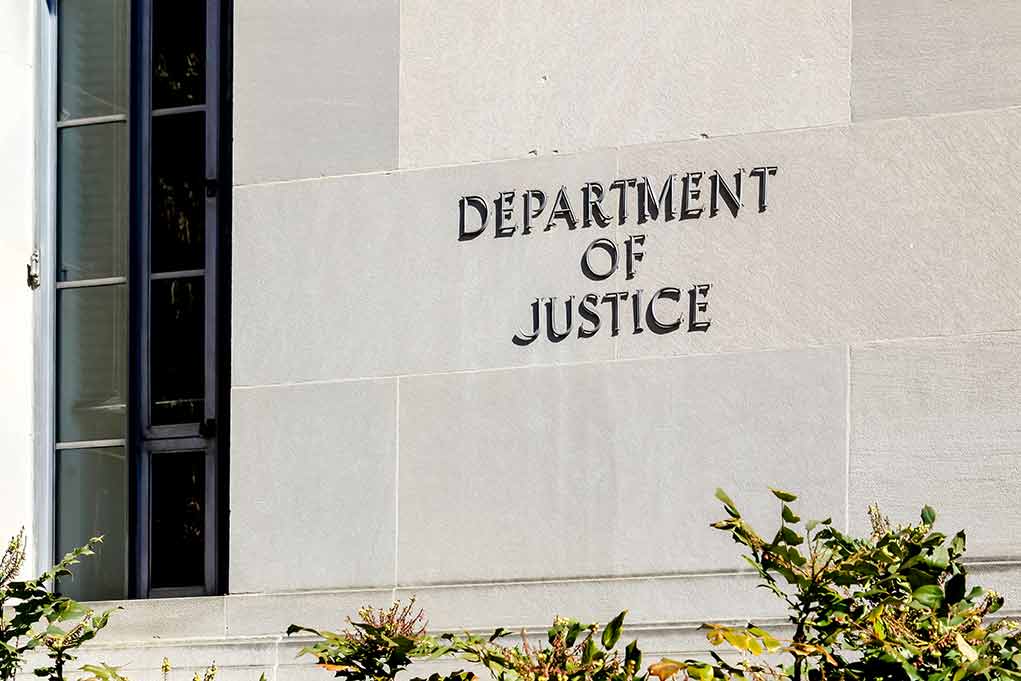
Walgreens has agreed to a settlement of up to $350 million to resolve significant opioid prescription-related allegations brought against it by the US Justice Department.
Key Takeaways
- Walgreens will pay a $300 million baseline, with up to an additional $50 million tied to future business changes.
- The lawsuit accused Walgreens of improperly filling opioid prescriptions and seeking unlawful federal payments.
- A seven-year compliance plan with government oversight is part of the settlement.
- The agreement addresses allegations from 2012-2023 of unlawful prescription fulfillment.
- Walgreens enters into agreements with DEA and HHS-OIG to enhance compliance measures.
A Six-Year Legal Saga
The Justice Department has reached a substantial settlement with Walgreens, concluding a complex legal battle. The up to $350 million settlement aims to resolve allegations that Walgreens pharmacies filled prescriptions for opioids and other controlled substances despite numerous red flags indicating invalidity. These actions were said to have been carried out between August 2012 and March 2023, significantly impacting patient safety and federal health programs.
This settlement signals a crucial step in addressing the opioid crisis. The U.S. government emphasized that pharmacies like Walgreens must comply with the Controlled Substances Act to guarantee prescriptions are properly filled. The extensive allegations also involve claims under the False Claims Act, suggesting Walgreens sought improper payments from Medicare and other programs for these prescriptions.
Stringent Compliance Measures
In response to these violations, Walgreens agreed to implement a series of compliance measures over the next seven years. These include heightened prescription validation processes, enhanced staff training, and improved staffing levels to avoid any undue pressure on pharmacists. The company is also under scrutiny to report prescriptions’ legitimacy to the DEA and HHS Office of Inspector General.
Part of the settlement includes an assurance in improving transparency. Walgreens had been accused of intentionally withholding information from its pharmacists. Compliance officials allegedly did not relay pertinent data about prescribers noted for issuing potentially fraudulent prescriptions.
Ramifications for the Future
Attorney General Pamela Bondi issued a statement, saying, “This Department of Justice is committed to ending the opioid crisis and holding bad actors accountable for their failure to protect patients from addiction.” While Walgreens has not admitted any liability, this settlement underscores the seriousness of the allegations and the financial and reputational risks of non-compliance.
The settlement was especially noteworthy as it represents the largest Controlled Substances Act resolution in the Northern District of Illinois. Looking ahead, Walgreens faces several operational changes under the federal government’s oversight.
Sources
- Walgreens agrees to pay up to $350M in opioid prescription settlement
- Walgreens Agrees to Pay Up to $350M for Illegally Filling Unlawful Opioid Prescriptions and for Submitting False Claims to the Federal Government
- Walgreens to pay up to $350M for filling illegal opioid prescriptions, Justice Department says




